Key Considerations When Buying Commercial Meat Processing Equipment from Wholesalers
Investing in new meat processing equipment is a major decision for any food manufacturing business. Purchasing machines, tools and supplies from a qualified wholesaler enables companies to upgrade operations at reasonable costs. However, not all equipment wholesalers are created equal. Follow these key steps when procuring commercial meat processing equipment to get the best value from your investment.
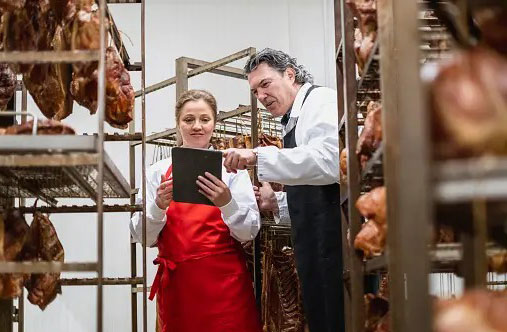
Define Operational Goals and Equipment Needs
Start by outlining what you want to accomplish with new equipment purchases. Key goals might include:
- Increasing production capacity
- Improving product quality or consistency
- Introducing new product lines
- Enhancing food safety
- Reducing labor requirements
With goals defined, inventory current equipment and assess where upgrades are most needed to support objectives. Avoid overbuying more equipment than necessary.
Research Manufacturers and Models
Do thorough research before selecting specific machines to purchase. Consult industry publications and associations to identify reputable equipment manufacturers. Attend trade shows to see equipment in person and speak with company representatives. Learn about the unique features and capabilities of different commercial models.
Key factors to compare include:
- Production capacity
- Supported processing methods
- Ease of operation and maintenance
- Noise levels and safety features
- Durability of parts and construction
Select equipment that balances robustness and sophistication with affordability. Overly complex units are prone to breakdowns and cost more to repair.
Get Multiple Bids from Wholesalers
Once target equipment models are selected, obtain bids from several reputable wholesalers. Provide each with your list of required equipment, specifications and projected order volume. Compare bid pricing and payment terms across wholesalers. Also request itemized quotes showing costs for accessories, shipping, warranties and other fees.
Vet Supplier Qualifications
Purchase equipment only from established, reputable wholesalers with proven industry track records. Verify they are authorized distributors for the manufacturers of your selected equipment. Ask for referrals from past clients to confirm good service. Also check they have technicians capable of providing installation and maintenance support.
Negotiate Warranties and Support
Reputable equipment should come with at least a 12 month warranty on parts and labor. Negotiate for as much coverage as possible from both the wholesaler and manufacturer. Also ensure accessible repair and service options are available, either on-site or with options for shipping defective components.
Inspect Delivered Equipment
Upon receiving your equipment, thoroughly inspect it for completeness, proper operation and any physical damage before signing for delivery. Test run equipment using your own product batches when possible. Report any issues immediately and keep documentation. Only make final payment after confirming delivered items match your purchase order.
Following these best practices when purchasing from meat equipment wholesalers will help commercial processors maximize value. Taking the time to make informed equipment selections and vet suppliers will pay off for years to come through enhanced operations and product quality.
Must-Read Blogs For Chain Restaurants Owner

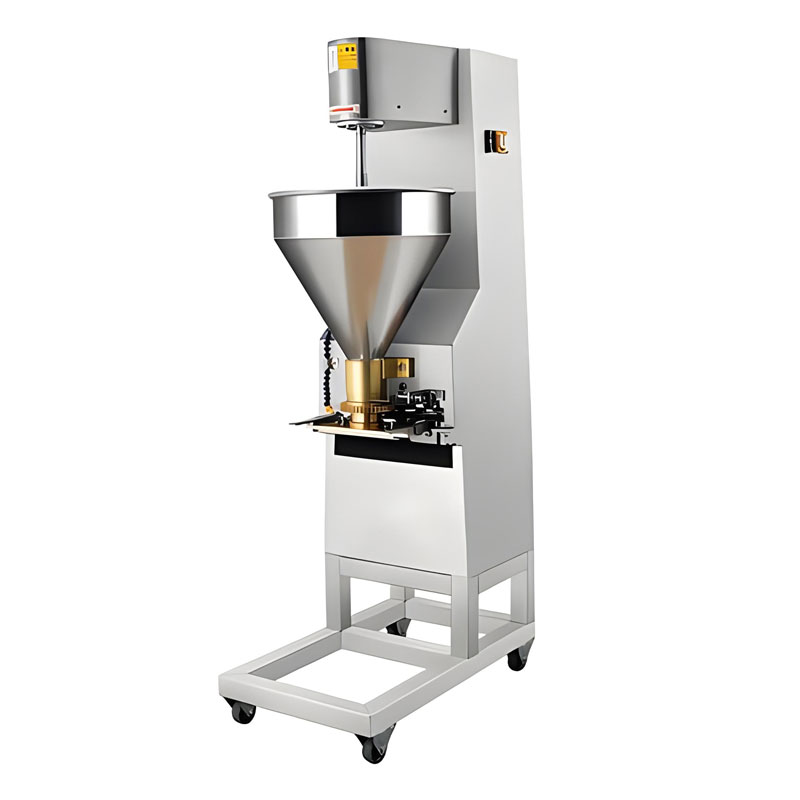
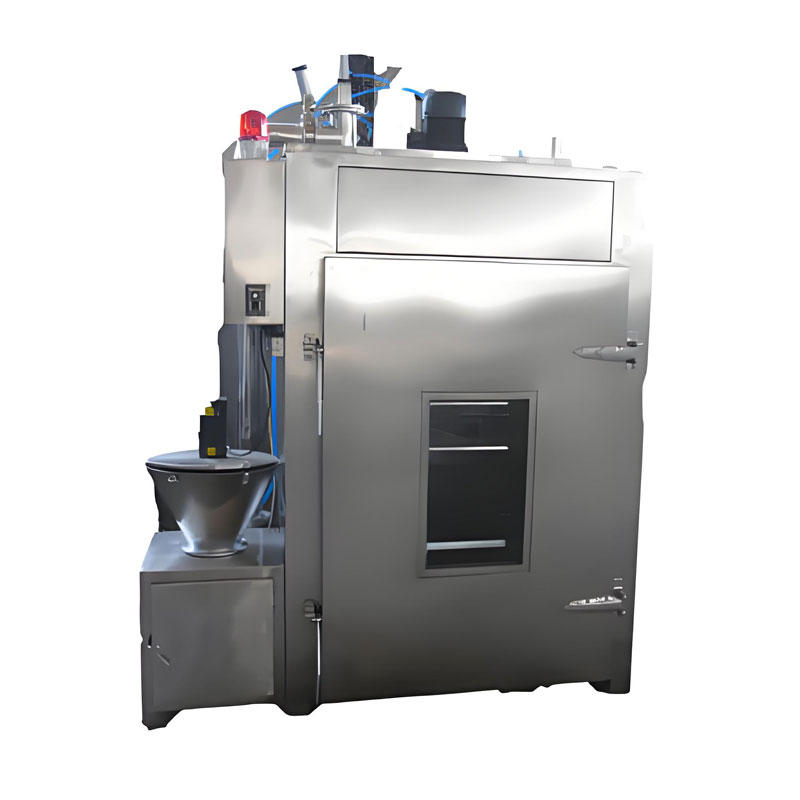
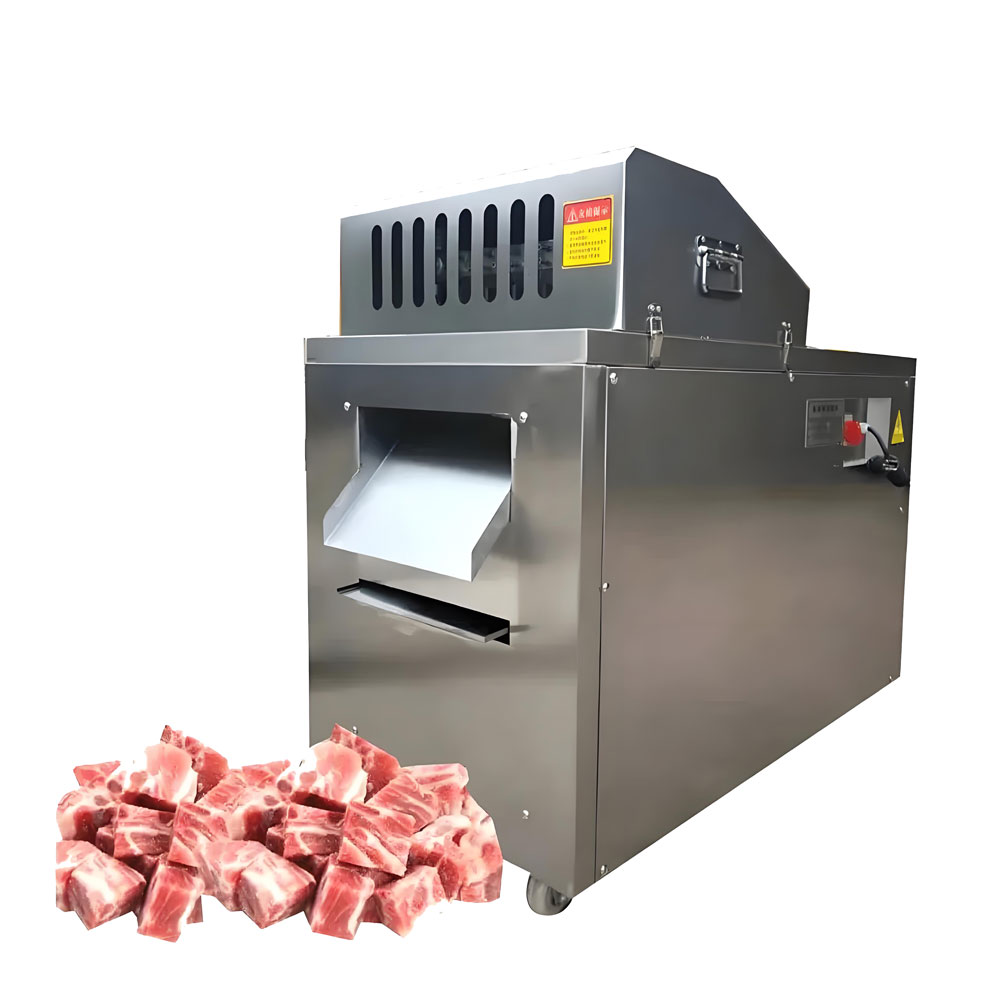
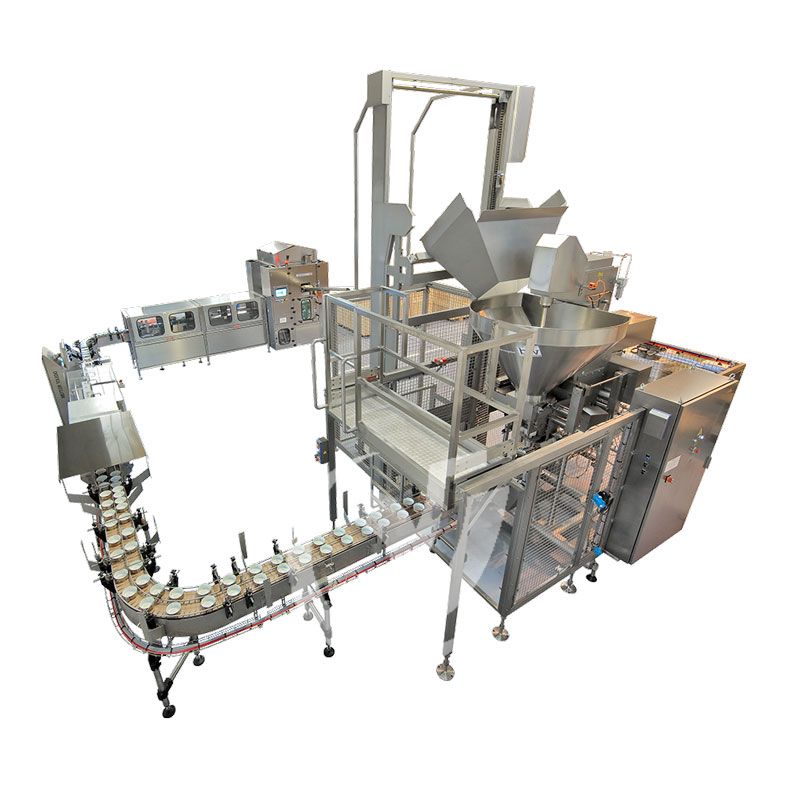

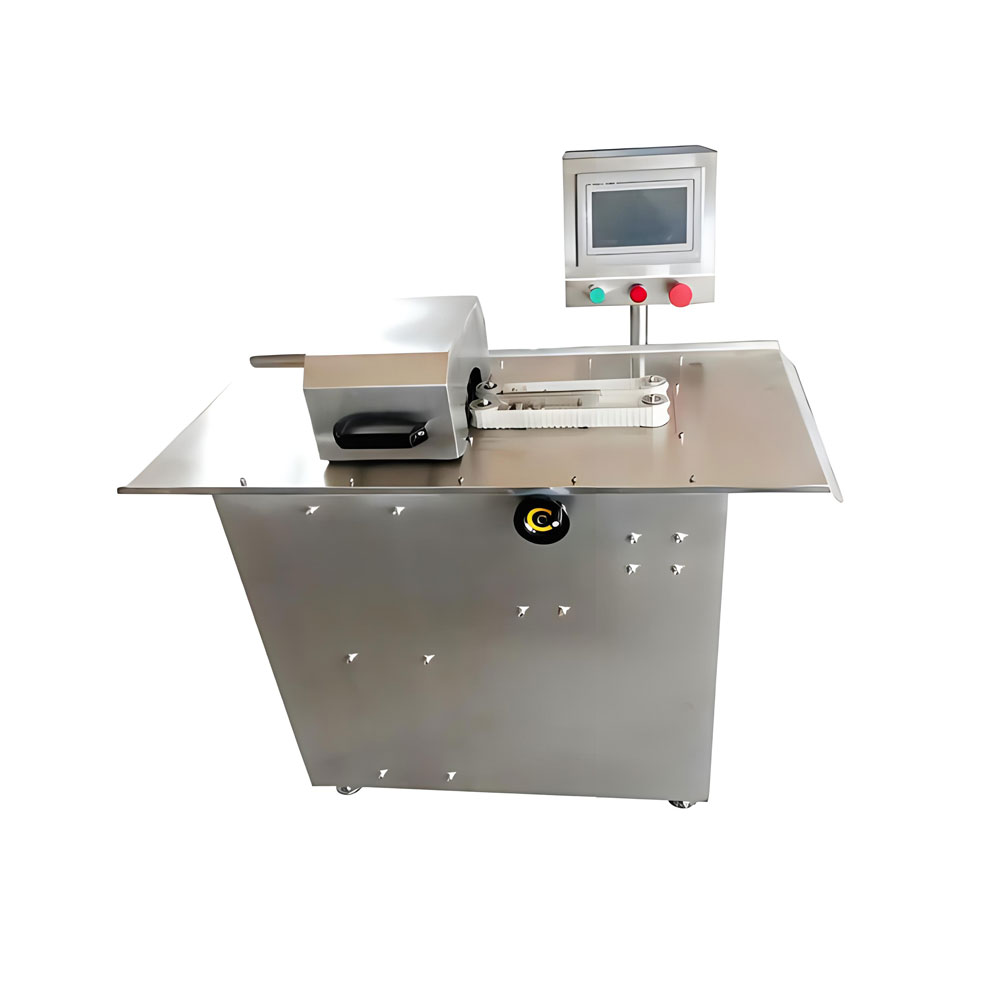
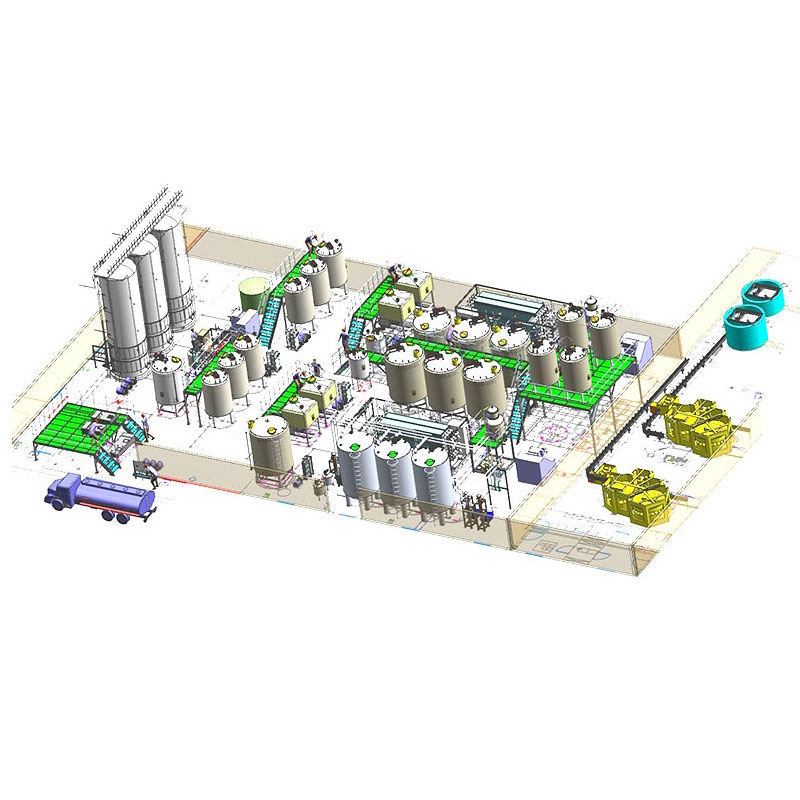
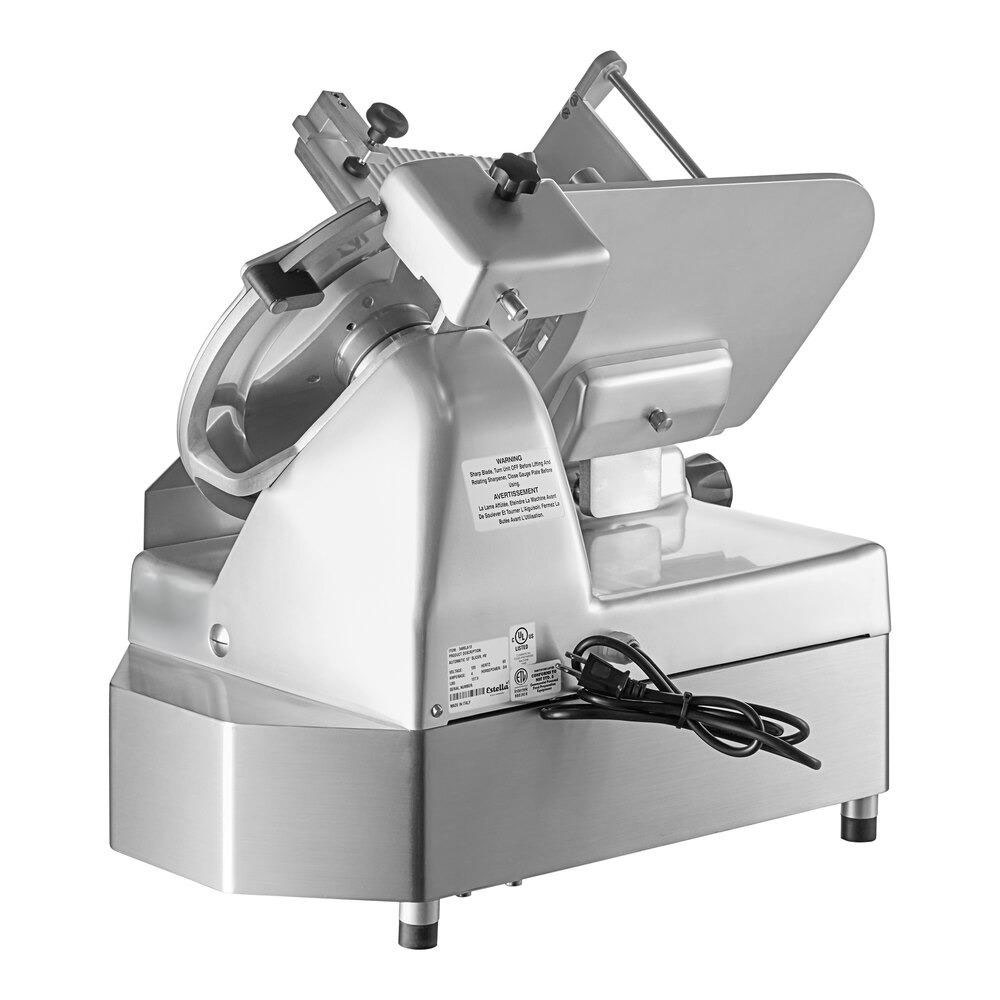
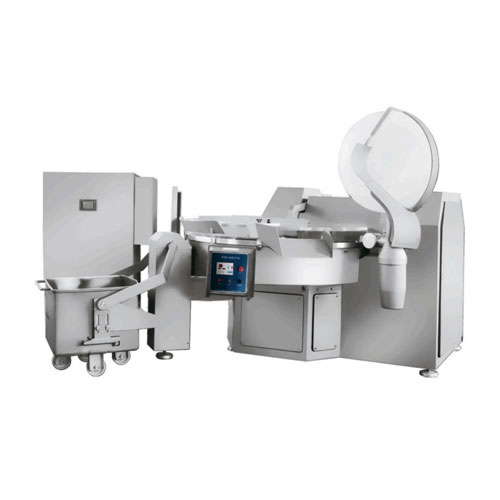
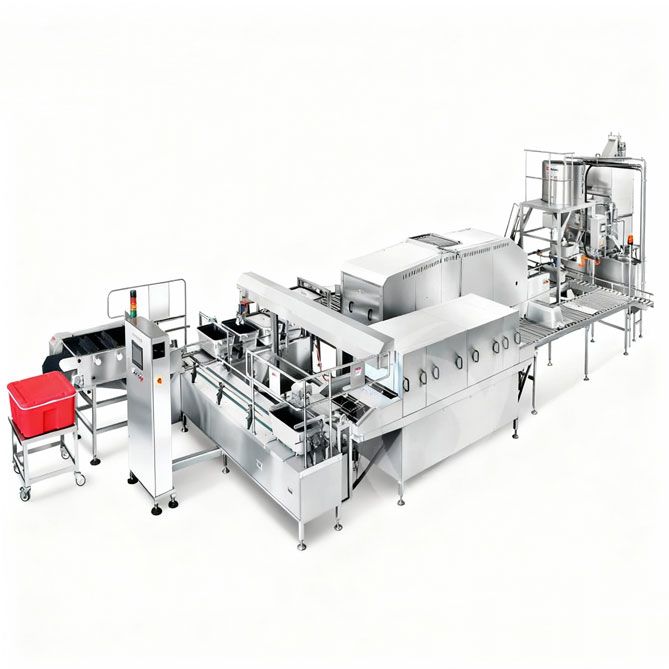
Ready to Get Started?